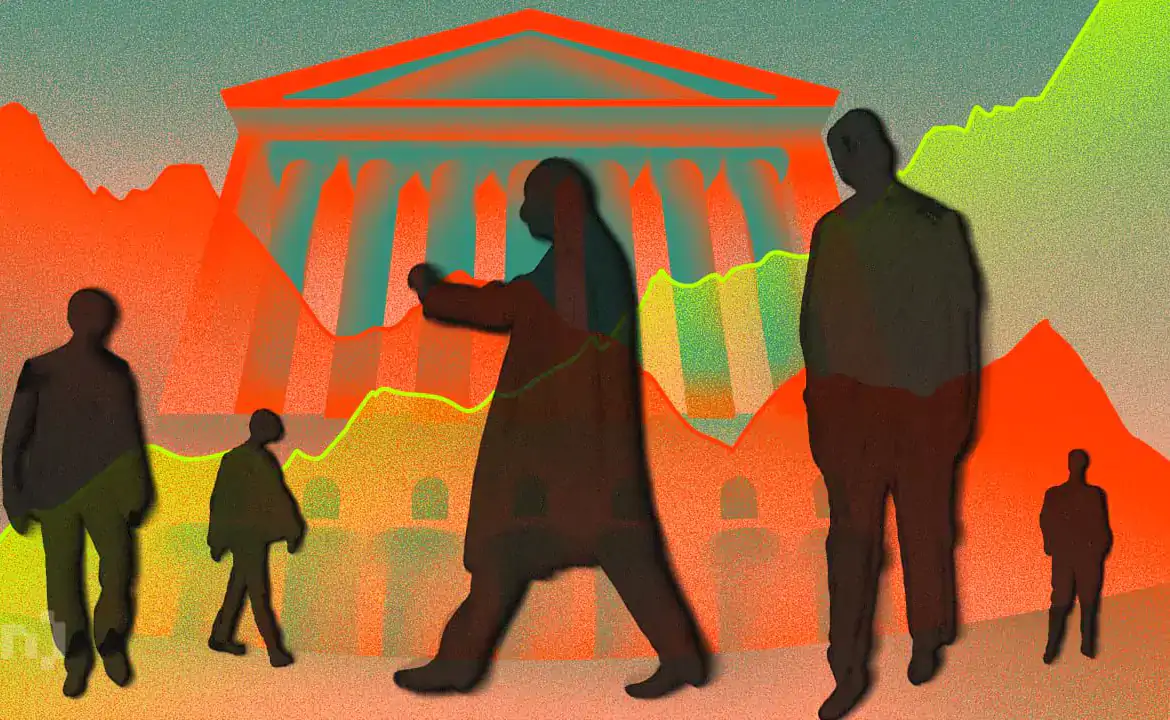Jamie Crawley
Jamie Crawley is a CoinDesk news reporter based in London.

Camomile Shumba
Camomile Shumba is a CoinDesk regulatory reporter based in the UK. She previously worked as an intern for Business Insider and Bloomberg News. She does not currently hold value in any digital currencies or projects.
Fabio Panetta, a member of the European Central Bank’s executive board, appeared before the European Parliament's Committee on Economic and Monetary Affairs to report on the development of a digital euro as the program approaches the one-year mark.
The euro zone's central bank initiated a two-year investigation into a possible digital currency last July. While it has not said when it will decide on proceeding, Panetta has said he's optimistic a central bank digital currency (CBDC) will be ready for launch in four years time.
A digital euro, if issued, would be capped at 1.5 trillion euros ($1.6 trillion), Panetta told the committee. A concern with CBDCs is that consumers might keep all their money in the digital format, in effect depositing all their savings with the central bank and starving consumer banks of the funds they require to lend to individuals and businesses.
"Keeping total digital euro holdings between one trillion and one and a half trillion euro would avoid negative effects for the financial system and monetary policy," Panetta said in a statement. "As the population of the euro area is currently around 340 million, this would allow for holdings of around 3,000 to 4,000 digital euro per capita."
Referring to a consultation conducted by the European Commission last year, he said many responses were "not enthusiastic, to put it mildly, about the digital euro."
That's partly because few people understand what a digital euro is because "it's complicated," he said.
Still, observers should not put too much weight on the findings, he said.
"Our consultation has not been based on a representative sample of citizens.... So we have a very unbalanced sample of respondents."



 BlocksInform
BlocksInform










